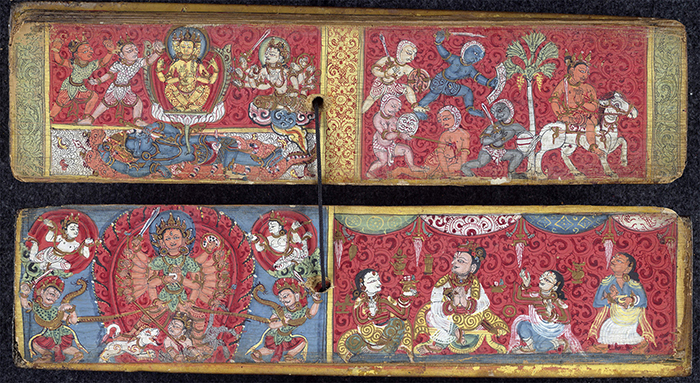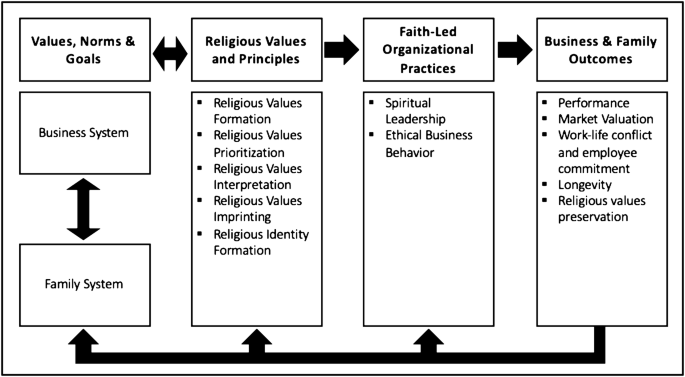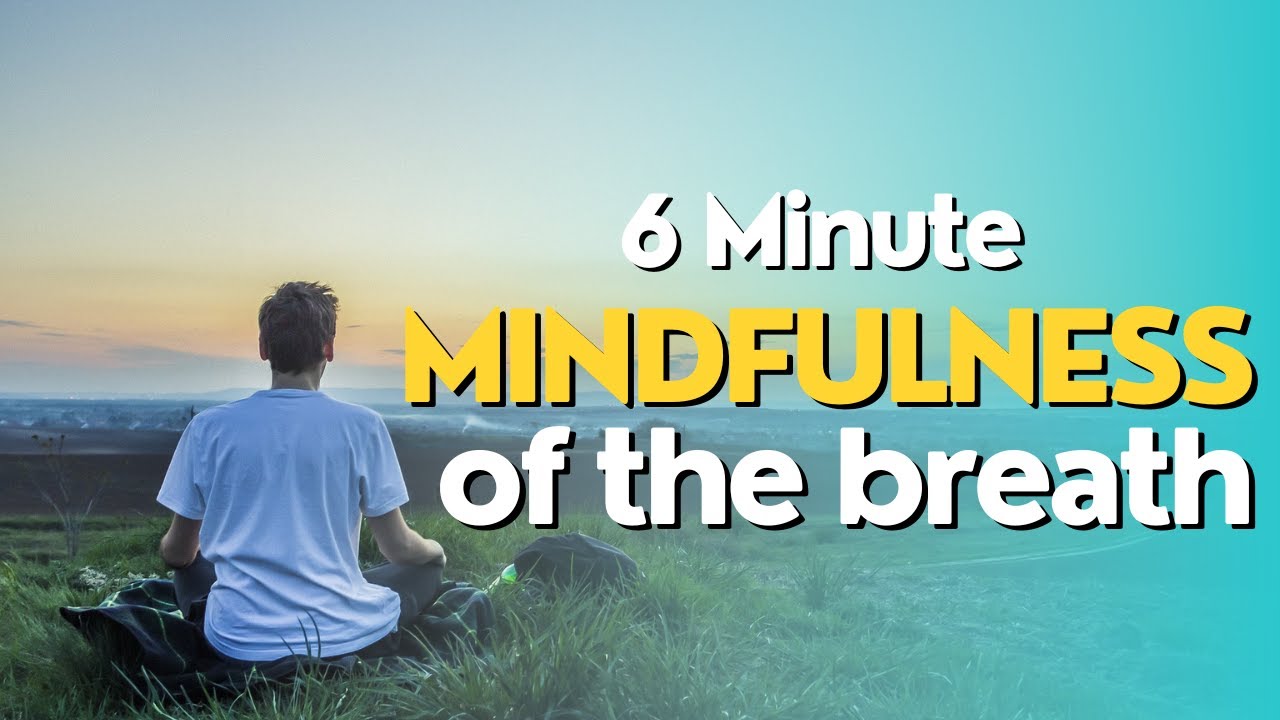Uncovering the Ancient Wisdom of Hinduism: A Journey to Spiritual Enlightenment
Hinduism, one of the oldest religions in the world, is a treasure trove of ancient wisdom that continues to inspire and guide millions of people worldwide. Its profound teachings encompass spirituality, philosophy, morality, rituals, and a belief system that promotes harmony and self-realization. In this blog post, we will delve into the depths of Hinduism’s ancient wisdom, exploring its core principles and practices that can bring profound value to one’s life.
1. Hindu Scriptures: The foundation of Hinduism lies in its sacred texts, with the Vedas being the oldest and most authoritative. These scriptures offer profound insights into the nature of reality, the purpose of life, and the paths to spiritual liberation. Bhagavad Gita, Upanishads, and Ramayana are other prominent scriptures that provide practical guidance for leading a righteous and fulfilling life.
2. Yoga and Meditation: Hinduism gave birth to the practices of yoga and meditation, which have gained immense popularity worldwide. Yoga is not just about physical postures; it is a holistic system that combines physical exercises, breath control, and meditation to harmonize the body, mind, and spirit. Meditation, on the other hand, helps quiet the mind and attain higher states of consciousness, leading to self-realization and inner peace.
3. Karma and Dharma: Hinduism emphasizes the concepts of karma and dharma. Karma refers to the law of cause and effect, where every action has consequences that shape our present and future. Dharma, on the other hand, refers to one’s duty and righteous path in life. Understanding and aligning with these principles can lead to a more purposeful and fulfilling life.
4. Reincarnation and Moksha: Hinduism believes in the cycle of birth and death, with the ultimate goal of achieving moksha, liberation from the cycle of reincarnation. This belief in reincarnation provides a broader perspective on life, emphasizing the importance of making ethical choices and seeking spiritual growth in each lifetime.
5. Devotion and Rituals: Hinduism is rich in rituals and ceremonies, which vary across different regions and communities. These rituals are not mere routine practices but serve as a means of expressing devotion and connecting with the divine. Regular participation in religious rituals can bring discipline, inner peace, and a sense of belonging.
6. Tolerance and Pluralism: Hinduism embraces diversity and promotes tolerance towards other religions and beliefs. It recognizes that there are numerous paths to the divine and encourages individuals to find their own unique approach. This inclusive worldview fosters harmony and mutual respect in a multicultural society.
7. Ahimsa: The principle of non-violence, known as ahimsa, is a fundamental tenet of Hinduism. It advocates compassion towards all living beings and rejects harm or violence in thought, word, or action. Practicing ahimsa can lead to a more harmonious and peaceful existence, both individually and collectively.
In conclusion, the ancient wisdom of Hinduism holds immense value for individuals seeking spiritual enlightenment and personal growth. Its teachings encompass various aspects of life, providing guidance on ethics, spirituality, and self-realization. By embracing Hinduism’s profound principles and practices such as yoga, meditation, karma, dharma, and devotion, one can embark on a transformative journey towards inner peace, harmony, and a deeper understanding of the self and the universe. Take a step closer to uncovering the ancient wisdom of Hinduism and experience its enriching benefits in your life.











